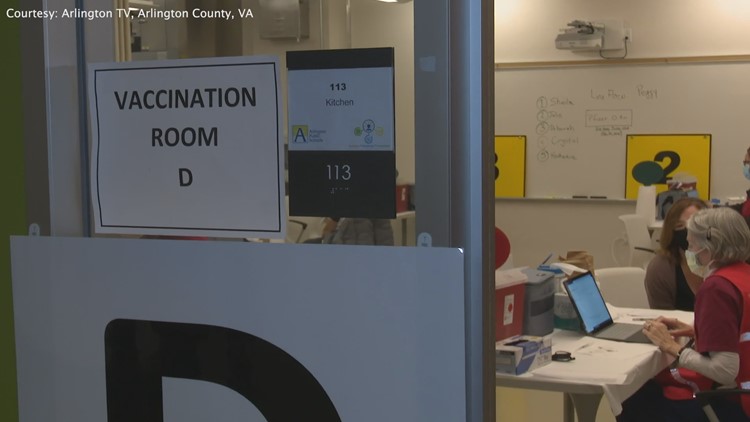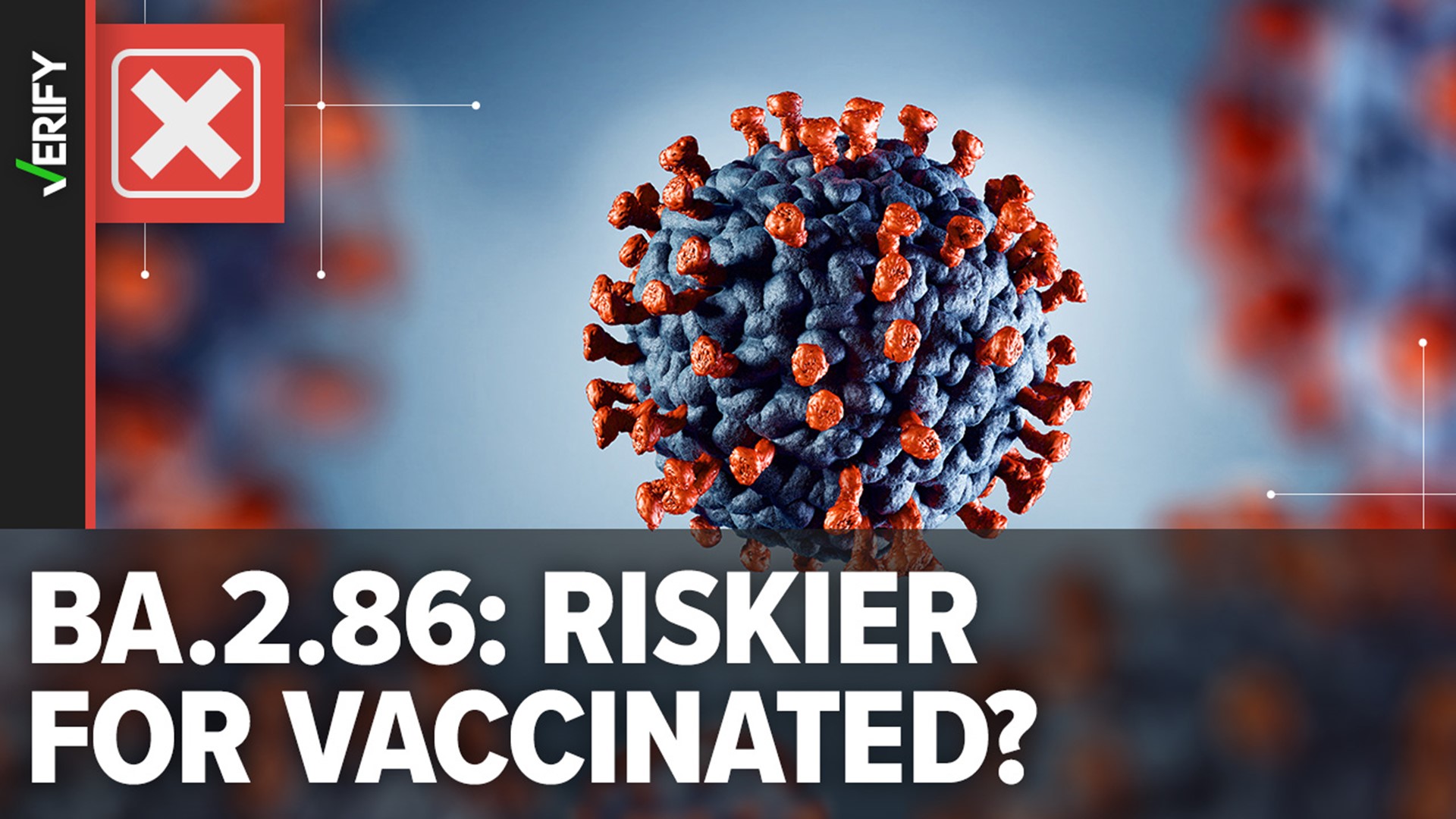TYLER, Texas — Approximately a quarter of Texans say they have no interest in getting a COVID-19 vaccine. Public health leaders are working hard to change that because they are worried about the impact of the Delta variant of coronavirus.
“Studies show that it is more transmissible it is more contagious than the previous variants,” Dr. Rachel Levine, the Assistant Secretary for Health with the U.S. Department of Health and Human Services, told CBS19 in an interview Wednesday. “In addition, there are studies that show that it can be more severe--lead to more severe illness--than the previous variants.”
The Centers for Disease Control estimates that 20 percent of all the new COVID-19 cases in the U.S. are from the Delta variant, which was first seen in India. Since special testing is required to determine which type of COVID-19 someone has, there is not an official tally of the number of cases of the Delta variant in East Texas. But Dr. Levine said East Texas is a prime candidate to become a hotspot.
RELATED: Yes, a fully vaccinated person exposed to the Delta variant could transmit COVID-19 to others
“Once COVID-19 gets in, gets transmitted to a community, it can spread quite rapidly,” she explained. “And right now, we are seeing COVID-19, it’s in certain states, particularly in Missouri and Oklahoma that were a couple where COVID-19 is spreading and mostly this delta variant. And it is in unvaccinated areas that it's spreading. The vast majority of people who are getting COVID-19 now have not received their vaccinations.”
According to the Texas Department of State Health Services, less than a third of the East Texans who are eligible to get the COVID-19 vaccine are fully-vaccinated. Pfizer’s vaccine is approved for people 12 and older, while vaccine from Moderna and Johnson & Johnson are approved for people 18 and older.
“It is been shown in studies that the Pfizer vaccine and the Moderna vaccine protect against the Delta variant, if you have two shots,” Dr. Levine said, “and we expect that the Johnson and Johnson vaccine will be protective although those studies are ongoing as we speak.”
Polling released Tuesday from UT-Austin and the Texas Tribune shows 24 percent of Texans have no interest in the vaccine. Another six percent said they plan to get vaccinated, while the state reports that nearly 58 percent of Texans have received at least one shot. Much of the discussion about vaccine hesitancy has focused on racial or political differences, but Dr. Levine said current efforts to change minds are focused on younger adults.
“You know, young adults 18 to 26, who, unfortunately, feel that somewhat complacent that they don't, they won't suffer the negative effects of this virus,” she stated. “And that is unfortunately incorrect. And we have seen more teens and more young adults that have contracted the virus and sometimes gotten quite sick and required hospitalization, so everybody that's unvaccinated is vulnerable.”
Dr. Levine said the public health vaccination campaign has moved to Instagram and TikTok to reach teens and younger adults, and vaccine providers have set up clinics at beauty salons and barbershops, as well as NASCAR tracks and baseball stadiums, to make vaccination easier and more acceptable.
She predicted that the Delta variant is not likely to cause a large, nationwide spike in COVID-19 cases like we had over the winter or last year, but there will be localized spikes in places with lower vaccination rates. “Which means,” she stated, “that we are going to double and triple our efforts to get the word out that every area of the country is at risk, and every area of the country, really, has access to the vaccines, and that's what we need people to do, to go out and get the safe and effective vaccinations.”
Some of those who remain hesitant to get vaccinated cite that the shots are being given under emergency use authorization from the Food and Drug Administration and not full regulatory approval. Dr. Levine said both Pfizer and Moderna have applied for full approval from the FDA and could receive it by late summer or early fall.



